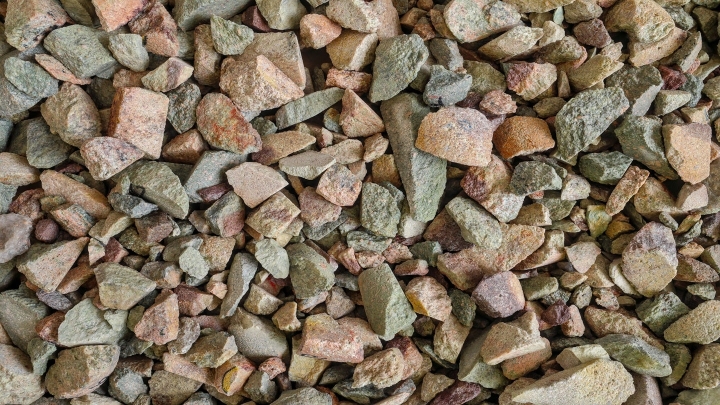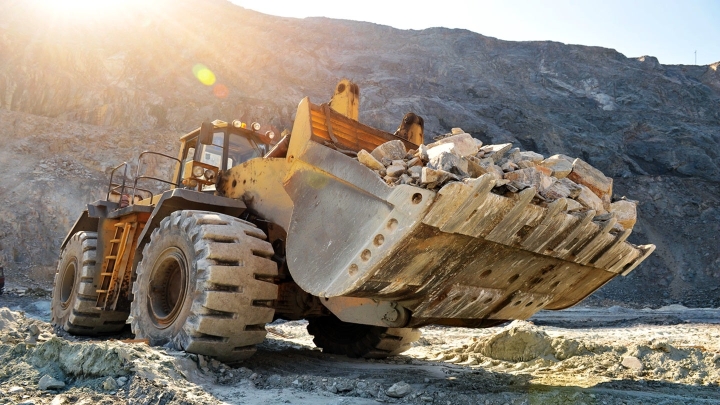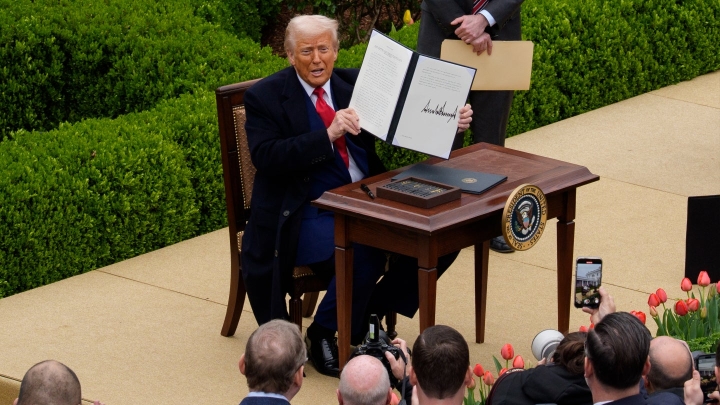
The recent US-China trade truce talks in London have reportedly left a critical issue unresolved regarding the export of rare earth elements (REEs) used in military applications, according to a Reuters report, citing sources.
Despite the handshake deal hailed by President Donald Trump as a “great deal”, the specific area concerning rare earth magnets, crucial for US military hardware, remains uncertain.
Beijing has yet to commit to exporting certain rare earth magnets needed by US military suppliers for fighter jets and missile systems.
In contrast, the US continues to restrict China’s access to advanced AI chips due to their potential military uses.
During the negotiations, China seemed to link the lifting of rare earth export controls to the US curbs on AI chip exports, adding a new layer to the complex trade discussions, the report said.
Moreover, US officials have indicated their intention to extend tariffs on Chinese goods for an additional 90 days past the 10 August deadline set in Geneva, suggesting a comprehensive trade deal is not imminent.
The White House, State Department and Department of Commerce, along with China’s Foreign and Commerce ministries, have not provided comments on the matter.
According to the report, US Treasury Secretary Scott Bessent has stated there will be no exchange of concessions on AI chip export curbs for access to rare earths.
However, China’s grip on these essential materials for weapon systems remains a contentious issue, given China’s dominance in global rare earth production and processing.
A previous agreement to reduce bilateral tariffs stumbled over China’s restrictions on critical mineral exports. The US responded with export controls on various goods including semiconductor design software and jet engines for Chinese aircraft.
At the London talks, China pledged to expedite rare-earth export applications for non-military US manufacturers, with a six-month licence term, and proposed a “green channel” for trusted US companies.
Despite these developments, China has not relented on exporting specialised rare earths such as samarium, which are necessary for military use and were not included in the fast-track process.
The London meeting followed a call between Trump and Chinese President Xi Jinping, where tariff rates were discussed.
Despite implementing export restrictions on some essential minerals, China, experienced a notable 23% boost in its export volumes in May compared with April.
This increase pushed the export volume to 5,864 tonnes, the largest monthly export level in a year.

